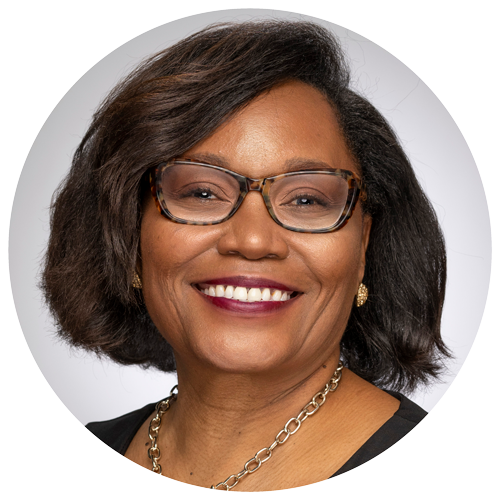
Have you ever misplaced or lost something, and it stirs little worry? You just know that it is there. Somewhere. Nearby. If you just stopped for a minute or dedicated a Saturday morning to looking, you would locate it quickly. (My checkbook refills have been missing for months. They are in my home... I know it. I am not entirely worried... yet).
Is this our attitude toward justice seeking? We know justice is close by. Justice is in proximity. We remember what it looks like, and while we have not seen it in a while, we have not been actively looking for it. It stirs little worry.
It is easy to get distracted or separated from essential items, practices, and rituals. Months can go by before we have thought about some of life’s most important things, especially when it seemingly does not affect our bottom line. We reason: I can find a substitute or a workaround. I will put it off till later.
The prophet Micah helps us prioritize what it means to be a justice-seeking people, “No, O people, the Lord has told you what is good, and this is what God requires of you: to do what is right, to love mercy, and to walk humbly with your God” (Micah 6:8). Micah’s proclamation is an invitation to imagine ourselves oriented toward a life of justice-seeking. It is a call to be stirred by the just imagination of God, to be summoned by what stirs the heart of God: poverty, oppression, hatred. The challenge is to not lose our focus, which would result in justice seeking becoming another lost practice, another trinket unintentionally misplaced.
Howard Thurman writes, “The masses of men [sic] live with their backs constantly against the wall. They are the poor, the disinherited, the dispossessed. What does our religion say to them…The search for an answer to this question is perhaps the most important religious quest of modern life” (Jesus and the Disinherited, 3). I sense that all over the world, people are being stirred more deeply to seek justice for those who have their backs against the wall. The multiplicity of global crises has generated concern, compassion, determination. Many more are awakening to a sense of responsibility inspired by a vision of a new heaven and a new earth coming down from God. And if you are such a person, please know that you stand not alone. Even if we shall not see it to completion, our brushstrokes in the ministry of justice contribute to an artistic masterpiece, the continuation of an unfinished but inspired collaboration between creation and Creator.
I feel an undeniable stirring with every crushing story about gun violence. I feel a stirring with every gut-wrenching story about excessive force and police brutality and with every devastating story about hunger and famine. I would collapse under the weight of it all, except that I have seen, like many of you, breathtaking brushstrokes in the ministry of justice. The young high school girl proudly sporting her women in ministry shirt, our ministry friends around the world inviting us to help build their program ministries, each charitable drive, each peaceful rally, each calculated risk taken in the name of love and mercy. Such are our individual contributions to this portrait of hope. Our faith has much to say to the masses of the suffering in the world. May God give us the strength to say it, but more importantly, to live it. May we be like those who “died in faith, not having received the promises, but having seen them from afar were assured of them.” May we hold fast to our hope.

Rev. Dr. Amy Steele serves as The Upper Room Executive Director of Program and Dean of The Upper Room Chapel. Prior to joining The Upper Room, Amy was assistant dean for student affairs and community life at Vanderbilt Divinity School. Amy is a womanist social ethicist who has deep commitments to understand faith, preaching, and social justice. Her research interests include 20th century Black religious thought, especially the works of Howard Thurman.

Photograph by Filip Szalbot / Unsplash